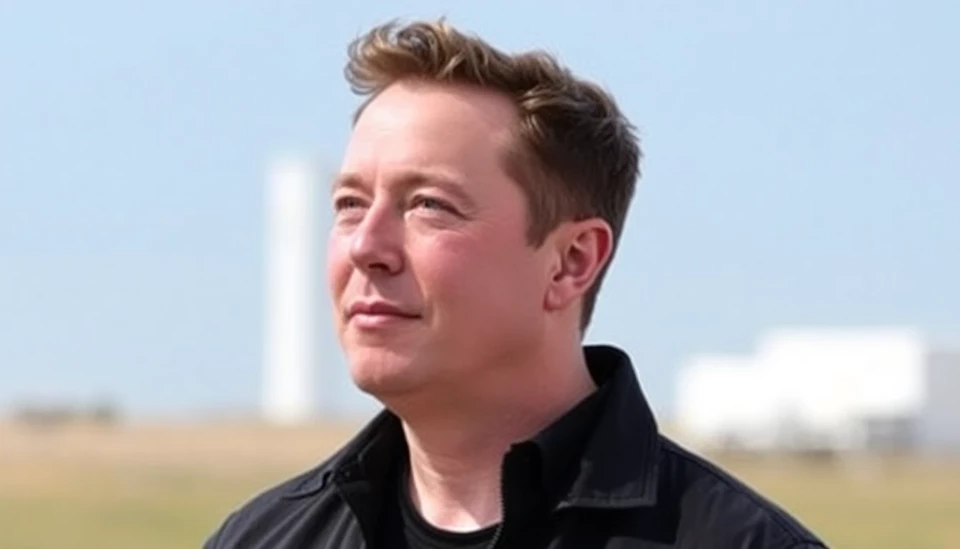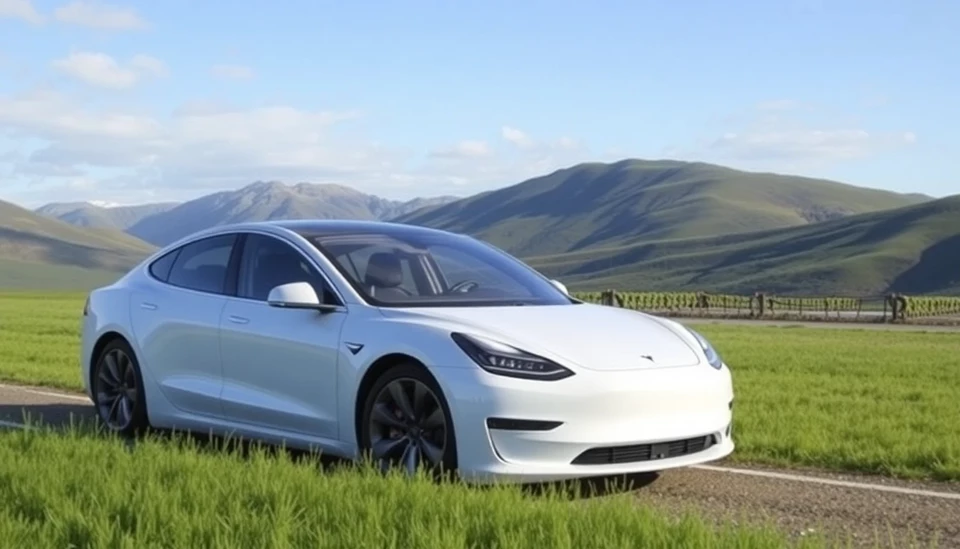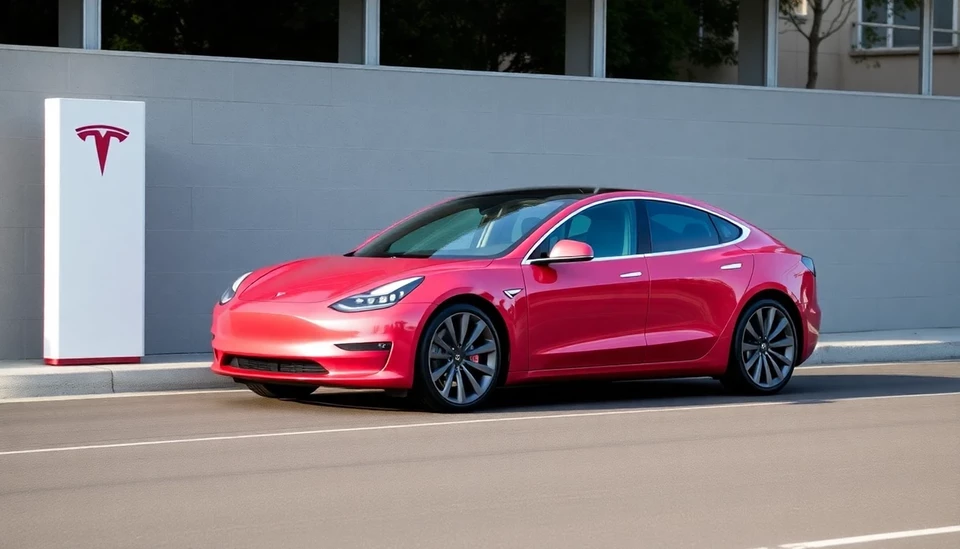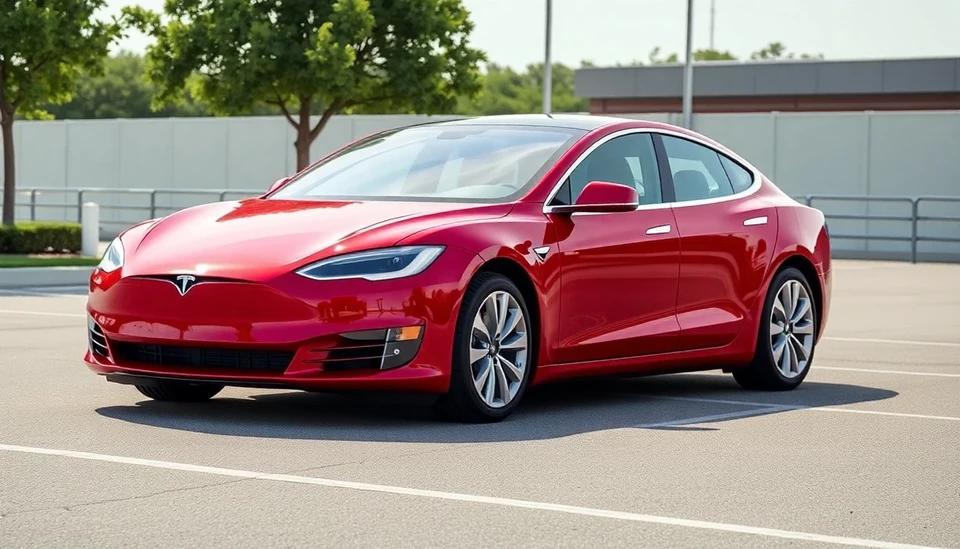
Concerns are mounting in Texas as Elon Musk's Tesla prepares to launch a lithium refining plant in the state, a project that may significantly impact local water resources amid ongoing drought conditions. The facility, slated for the small town of Corpus Christi, has ignited debates among environmentalists, local residents, and state officials regarding the sustainability of water use in a region grappling with water scarcity.
As the demand for lithium surges, driven largely by the growing electric vehicle market, Tesla’s initiative is poised to become one of the largest lithium refining operations in North America. However, experts warn that the extraction and processing of lithium is water-intensive, raising alarms about the potential strains on aquifers and local water supply. In a state already experiencing chronic drought, the juxtaposition of economic growth against environmental preservation has become a focal point of contention.
Elon Musk has touted the necessity of increasing lithium production as vital for the transition to renewable energy and electric vehicles. Indeed, lithium is a crucial component in electric vehicle batteries, and with Tesla leading the charge in the EV industry, securing a steady supply is a critical operational goal. But critics argue that such an operation could lead to irreversible damage to the fragile ecosystems where water is already in short supply.
The proposed site for the lithium plant raises troubling implications. Some local residents express fears that their already limited access to water could worsen, especially during the hot summer months when water demand peaks. Opposition groups have begun advocating for more sustainable practices and demanding that Tesla and other companies be held accountable for their environmental impact. Environmental activists are rallying for stricter regulations on water use, urging state lawmakers to prioritize natural resource conservation over industrial expansion.
The issues surrounding the lithium plant reflect broader trends in Texas, where prolonged drought conditions have become increasingly common, exacerbated by climate change. Local water agencies are grappling with the challenge of managing water resources sustainably as they contend with the competing interests of industrial growth, agriculture, and residential needs. Experts emphasize the need for a comprehensive water management strategy that considers both immediate economic interests and long-term environmental stability.
While Tesla advocates assert that the plant will bring jobs and economic opportunities to the region, many residents question the true cost of such developments. The discussions surrounding the lithium plant epitomize a larger, national conversation about the balance between advancing clean energy initiatives and protecting vital natural resources. As the state navigates this complex landscape, the future of Musk’s lithium facility remains uncertain, caught between the desire for innovation and the imperative of water conservation.
As the situation evolves, stakeholders from various segments—industry, environmentalism, and local communities—must work collaboratively to find solutions that honor both the demand for clean energy and the essential need for water. The coming months will likely reveal whether Tesla can successfully address these pressing concerns or if the project will be met with prolonged public opposition and regulatory challenges.
Calls for continued dialogue and action surrounding water management and industrial practices are expected to intensify leading up to the plant’s anticipated groundbreaking. The stakes are high, with both sides urging for a balanced approach that secures jobs and economic progress while safeguarding one of Texas' most precious resources—its water supply.
#Tesla #ElonMusk #LithiumPlant #TexasDrought #WaterConcerns #CleanEnergy #Sustainability #ElectricVehicles #EnvironmentalImpact
Author: John Harris




